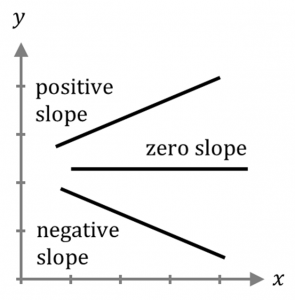by Akim Reinhardt
You can fool all the people some of the time
and some of the people all the time,
but you cannot fool all the people all the time.
 For example, some people will always believe that Abraham Lincoln first uttered this famous aphorism, even though there is no record of him ever having written or said those words.
For example, some people will always believe that Abraham Lincoln first uttered this famous aphorism, even though there is no record of him ever having written or said those words.
A French Protestant named Jacques Abbadie authored an early incarnation of the adage in 1684.
In 1754, the French editors Denis Diderot and Jean le Rond d'Alembert helped cement its popularity.
The phrase doesn't show up in American letters until some Prohibitionist politicians started using it in 1885. Twenty years after Lincoln died.
Until recently, I simply took at face value the common claim that these were Lincoln's words. It's not a very important issue, so what would push me to question it?
My decision to title this article.
A little healthy skepticism is all it took. After all, lots of famous quotes are misattributed to famous people, ergo the Yogi Berra line: “I really didn't say everything I said.” Which he really did say.
So before titling and publishing this essay, I looked up the maxim at a reputable site with citations, just to be sure. And presto: suddenly I am, at least in this regard, all of the people some of the time, and not some of the people all of the time.
You really don't want to be some of those people who get fooled all the time. Which brings us to Donald Trump.
He's very good at fooling people. At the moment, he's successfully fooling millions of Republican voters into thinking he'd be a good president generally, and more specifically, that if elected he could actually do many of the outlandish things he's claiming, like getting Mexico to pay for a wall.
Thus, the question lurks forebodingly: Are we living through “some of the time?”
Is this the moment when Donald Trump fools all of the people, or at least enough of the ones who call themselves Republicans, that he lands the GOP's presidential nomination?
Read more »
 “It’s a long, long way from the Trump administration to an actual fascist dictatorship,” I said, “but it’s a straight line.”
“It’s a long, long way from the Trump administration to an actual fascist dictatorship,” I said, “but it’s a straight line.”